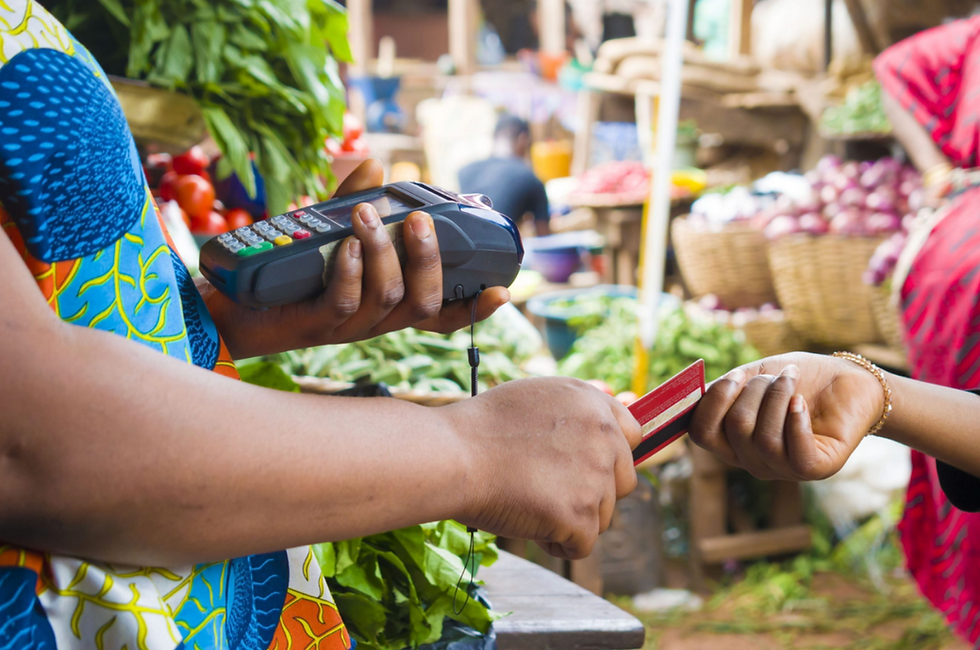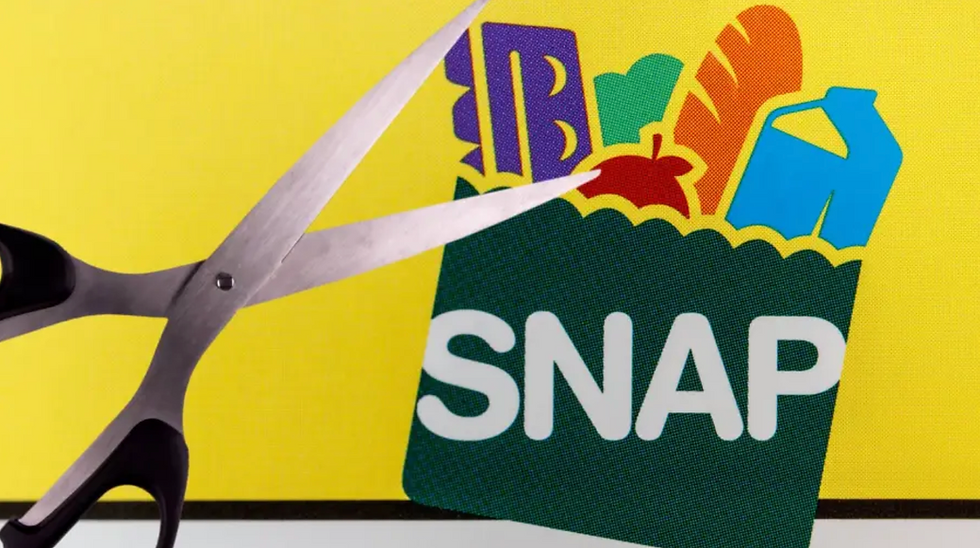International solidarity and accountability for the right to food: Universal Periodic Review
- Photini Kamvisseli Saurez
- Oct 22, 2025
- 5 min read
Updated: Nov 3, 2025
October 22, 2025

As we approach the time when the United States should be participating in its fourth Universal Periodic Review process, we are reflecting on the journey thus far. For the first time, the United States has refused to take part in this review of its human rights record. This decision is in keeping with many other steps the administration has taken this year to retreat from international accountability mechanisms, yet it is also a move that undermines international efforts towards the full realization of human rights.
The National Right to Food Community of Practice has been participating in the Universal Periodic Review (UPR) process this year because we believe international cooperation and accountability are key to progressively realizing the right to food in the United States and throughout the world. Read on to learn more about our engagement with this process, how we’re adapting to the change in direction, and how you can get involved.
Providing evidence about the right to food
In April, more than 150 civil society organizations across the United States submitted reports to the Office of the United Nations High Commissioner for Human Rights as part of our country’s fourth Universal Periodic Review process. These reports provide evidence to help UN Member States understand the human rights situation within the country. Alongside the national report (submitted by the country under review), and a summary of United Nations’ information, the ‘other stakeholders’ reports focus on progress towards implementing the recommendations from previous reviews and highlight new or ongoing concerns.
The report submitted on behalf of the National Right to Food Community of Practice focused on five thematic areas:
Enforcement and accountability for the right to food
Economic accessibility of food
Nutritional, social, and cultural adequacy of food
Control of the food system
Environmental sustainability
Over the summer, we launched a series of briefing reports and related blog posts that explored these five themes in more detail.
Connecting the right to food to wider social, economic, and environmental protections
Six representatives of U.S. civil society were selected to attend a pre-session meeting in August in Geneva with members of the UPR Working Group who would be reviewing the United States. Noel Didla joined five other representatives on behalf of the National Right to Food Community of Practice, bringing with her a deep commitment to sharing our collective concerns and intention for this process to contribute to international solidarity and accountability.
Our statement and accompanying slides situated the right to food within wider concerns about the erosion of social, economic, and environmental protections. We emphasized that while some progress had been made since 2020, the policy direction in 2025 revealed greater corporate influence over public decision-making and a retreat from what we believe are important forms of support for our communities and commitment to international cooperation.
“In our statement, we had to testify not only to the truth of the right to food, but how the right to food ties into all the other issues impacting our communities that are along the lines of social, cultural, and economic rights of people. I was very clear that the statement we're making was made with the hope, and with the dream, like our ancestors dreamed about change in America. How do we have that same kind of radical belief that we can continue to testify to the truth, but also, allow the truth to shape policy?” - Noel Didla
Building global solidarity
While in Geneva, we co-hosted an in-person right to food meeting in collaboration with the Geneva Academy and FIAN International. The closed meeting was designed to bring together advocates, academics, and international human rights experts to discuss the right to food in the United States, with a particular focus on the Mississippi Delta.
The event, entitled From Food as a Commodity to Food as a Human Right: Confronting retrogressive food and agricultural policies in the U.S., was moderated by Christophe Golay, Senior Research Fellow at the Geneva Academy of International Humanitarian Law and Human Rights. Noel Didla, Chair of the Mississippi Food Policy Council and Co-Steward of the Center for Mississippi Food Systems, introduced the Community of Practice to the attendees and provided an overview of the landscape of the right to food in the United States. Tyler Yarbrough, Director of Mississippi Delta Programs for Partnership for a Healthier America (PHA), and a fellow of the Center for Mississippi Food Systems, discussed food insecurity in the Mississippi Delta, highlighting the strength of the right to food as an advocacy tool there. Sibylle Dirren, Permanent Representative in Geneva for FIAN International, closed with a discussion of international partnership building, engagement with the United Nations system, and how both can support the right to food movement in the United States. The event allowed for a sharing of knowledge and experiences from the Mississippi Delta with partners from around the world, and allowed for the development of new partnerships and reinforcement of our shared global solidarity.
The following day, Noel and Tyler attended an event hosted by the European Union, attended by EU member states and civil society representatives participating in UPR pre-session meetings for other countries under review at the same time as the United States. During the event, stakeholders were able to share short statements with EU member states and raise awareness of the human rights issues in their countries. Tyler’s statement focused on how the experiences of the Mississippi Delta relate to the wider right to food concerns across the United States:
“The right to food is not radical. It is practical. It is ambitious. It can unite community and business, left and right. So that every family knows that healthy food is within reach - at a fair price - in a system that rewards resilience, not just scale. And fairness must reach further - to clean air in Memphis, Tennessee, to safe water in Jackson, Mississippi, and to people everywhere, not as victims of uneven development, but as co-creators of a more equitable, resilient world.”
Tyler also brought and shared printed images from SOIL, a collaborative photography exhibition that “explores the overlooked narratives of Black farmers” in Mississippi.
Keep an eye out for more about Tyler, as we share spotlights on each of our 2025 Learning and Action Right to Food Fellows in the coming months.
Next steps - Join us November 11th
The National Right to Food Community of Practice believes the lack of engagement by the U.S. government undermines efforts to progressively realize human rights both in the United States and in countries around the world. We join colleagues across the country and the world in recommitting to international solidarity and accountability.
On November 11th (1-3pm ET), we will open our monthly Community of Practice membership to anyone who wants to learn more about progress towards realizing the right to food in the United States and to contribute to strategies for how we will work collectively to address the current challenges.
We will gather at a time when the United States government should be undergoing its fourth Universal Periodic Review. Since the United States government has withdrawn from the process, this event is being held to provide a space for advocates and organizations working across the U.S. and internationally to reflect on concerns and opportunities for advancing the right to food.
We invite you to join us to to:
Hear from members of the National Right to Food Community of Practice who have been engaging with the Universal Periodic Review process this year;
Build connections and solidarity with others working to advance the right to food in the United States and internationally;
Contribute to strategies for next steps towards realizing the right to food.
Find more information about this event or click here to register. Please share this event with your networks and contact us with any questions.




